I asked this question yesterday about using the Cygwin compiler to produce a C++ DLL that can be used by .NET: Using C++ app in .NET
The solution was to compile the C++ application using Visual C++ rather than Cygwin i.e. I was able to call a C++ function from .NET.
Why am I able to do this in Visual C++ and not Cygwin? The code can be found in my linked question. Here is a screen shot of Dependancy Walker for the Visual C++ DLL in case it helps answer my question:
